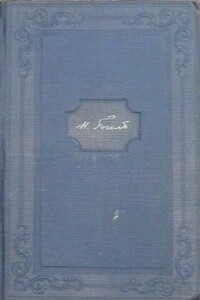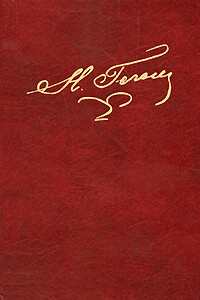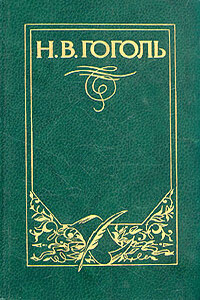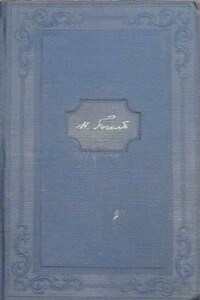| Пора доставать козацкой славы!" |
| These words were like sparks falling on dry wood. | И слова эти были как искры, падавшие на сухое дерево. |
| The husbandman broke his plough; the brewers and distillers threw away their casks and destroyed their barrels; the mechanics and merchants sent their trade and their shop to the devil, broke pots and everything else in their homes, and mounted their horses. | Пахарь ломал свой плуг, бровари и пивовары кидали свои кади и разбивали бочки, ремесленник и торгаш посылал к черту и ремесло и лавку, бил горшки в доме. И все, что ни было, садилось на коня. |
| In short, the Russian character here received a profound development, and manifested a powerful outwards expression. | Словом, русский характер получил здесь могучий, широкий размах, дюжую наружность. |
| Taras was one of the band of old-fashioned leaders; he was born for warlike emotions, and was distinguished for his uprightness of character. | Тарас был один из числа коренных, старых полковников: весь был он создан для бранной тревоги и отличался грубой прямотой своего нрава. |
| At that epoch the influence of Poland had already begun to make itself felt upon the Russian nobility. | Тогда влияние Польши начинало уже оказываться на русском дворянстве. |
| Many had adopted Polish customs, and began to display luxury in splendid staffs of servants, hawks, huntsmen, dinners, and palaces. | Многие перенимали уже польские обычаи, заводили роскошь, великолепные прислуги, соколов, ловчих, обеды, дворы. |
| This was not to Taras's taste. | Тарасу было это не по сердцу. |
| He liked the simple life of the Cossacks, and quarrelled with those of his comrades who were inclined to the Warsaw party, calling them serfs of the Polish nobles. | Он любил простую жизнь козаков и перессорился с теми из своих товарищей, которые были наклонны к варшавской стороне, называя их холопьями польских панов. |
| Ever on the alert, he regarded himself as the legal protector of the orthodox faith. | Вечно неугомонный, он считал себя законным защитником православия. |
| He entered despotically into any village where there was a general complaint of oppression by the revenue farmers and of the addition of fresh taxes on necessaries. | Самоуправно входил в села, где только жаловались на притеснения арендаторов и на прибавку новых пошлин с дыма. |





